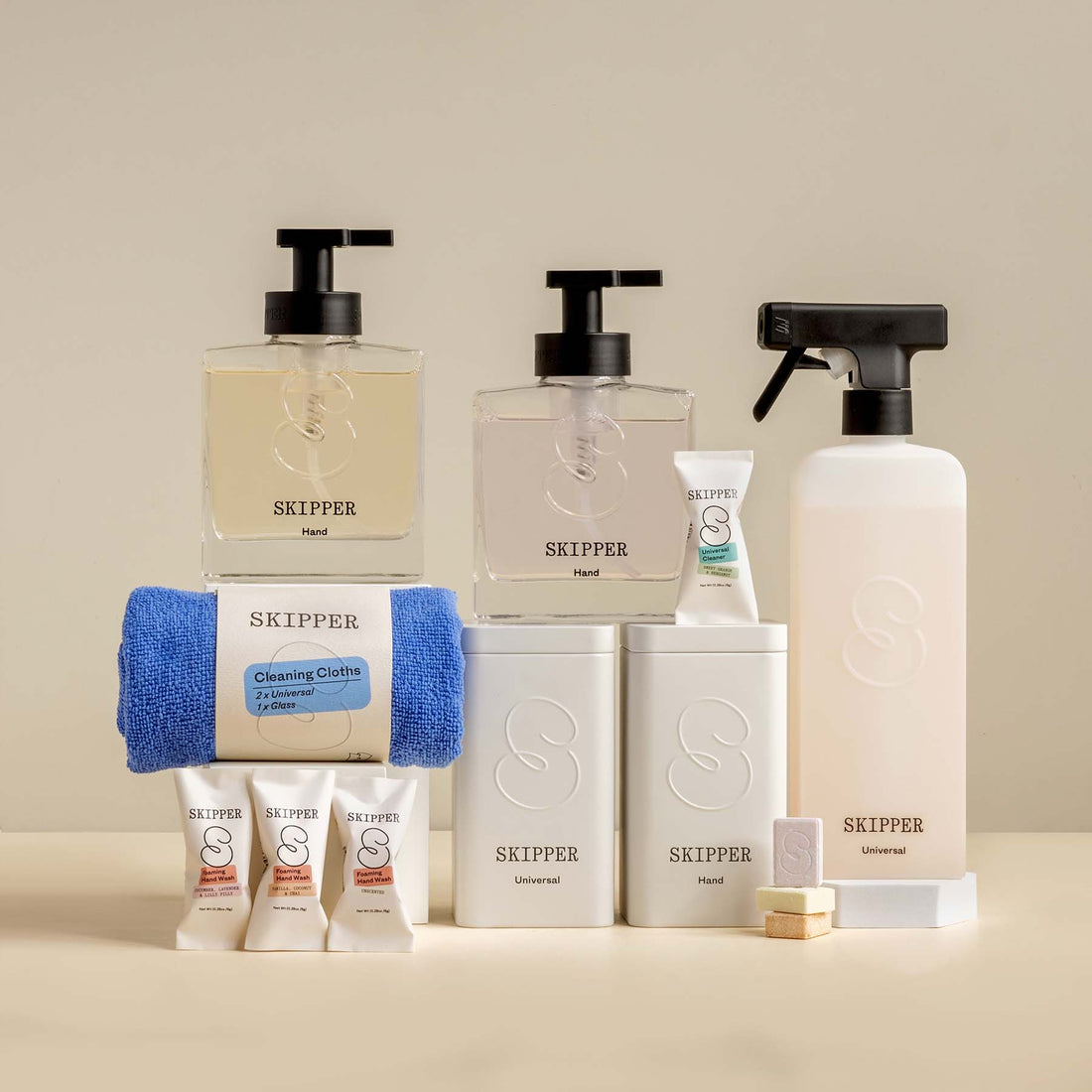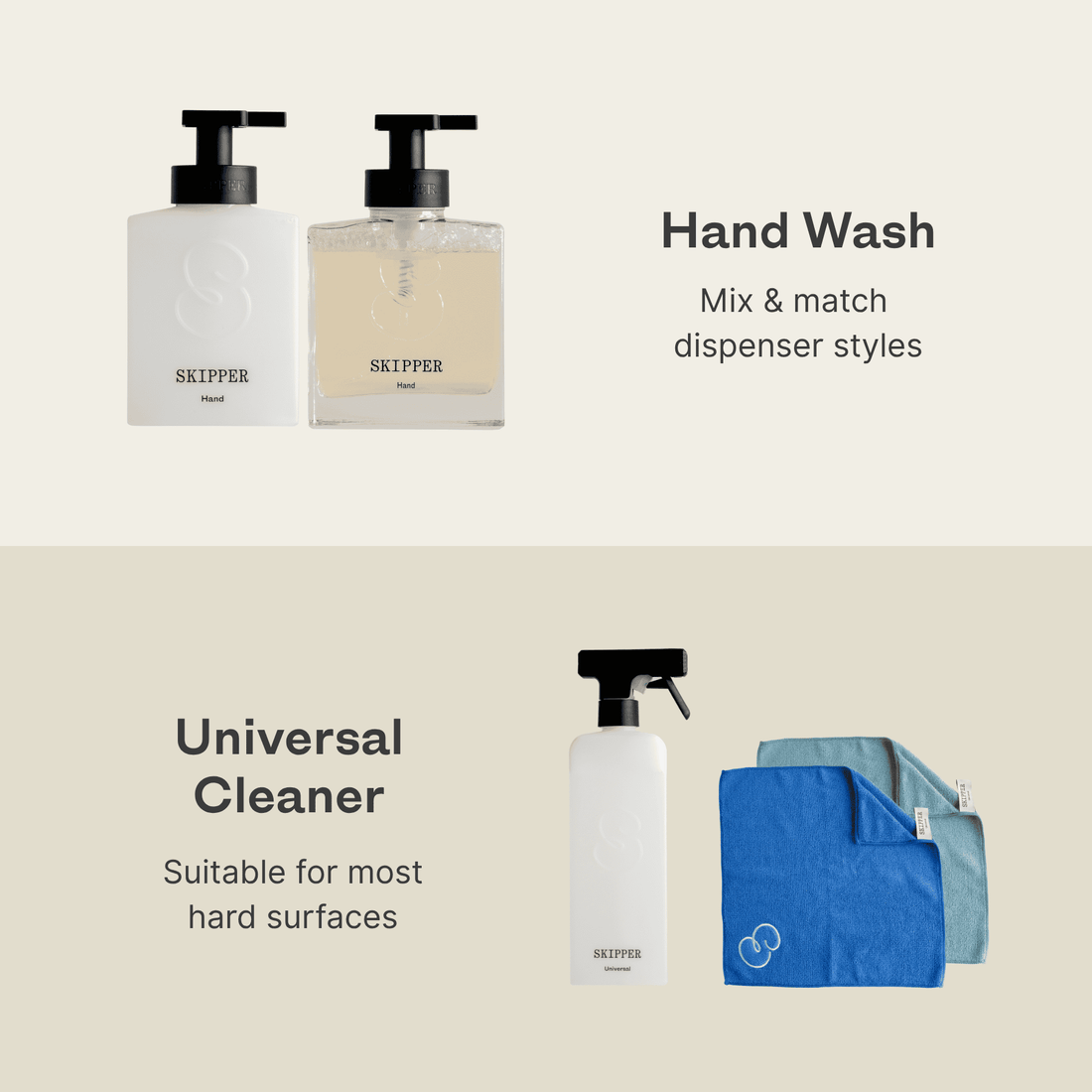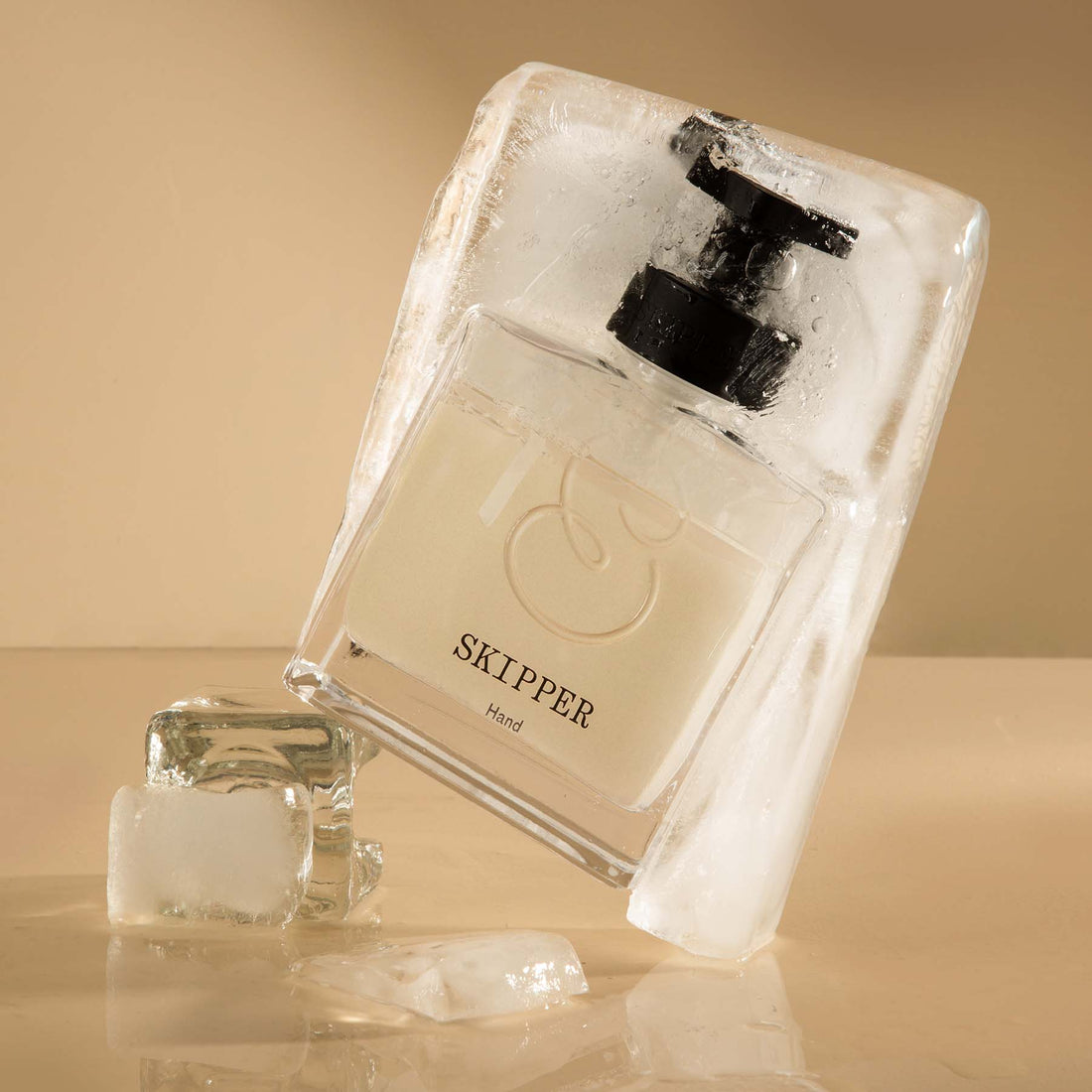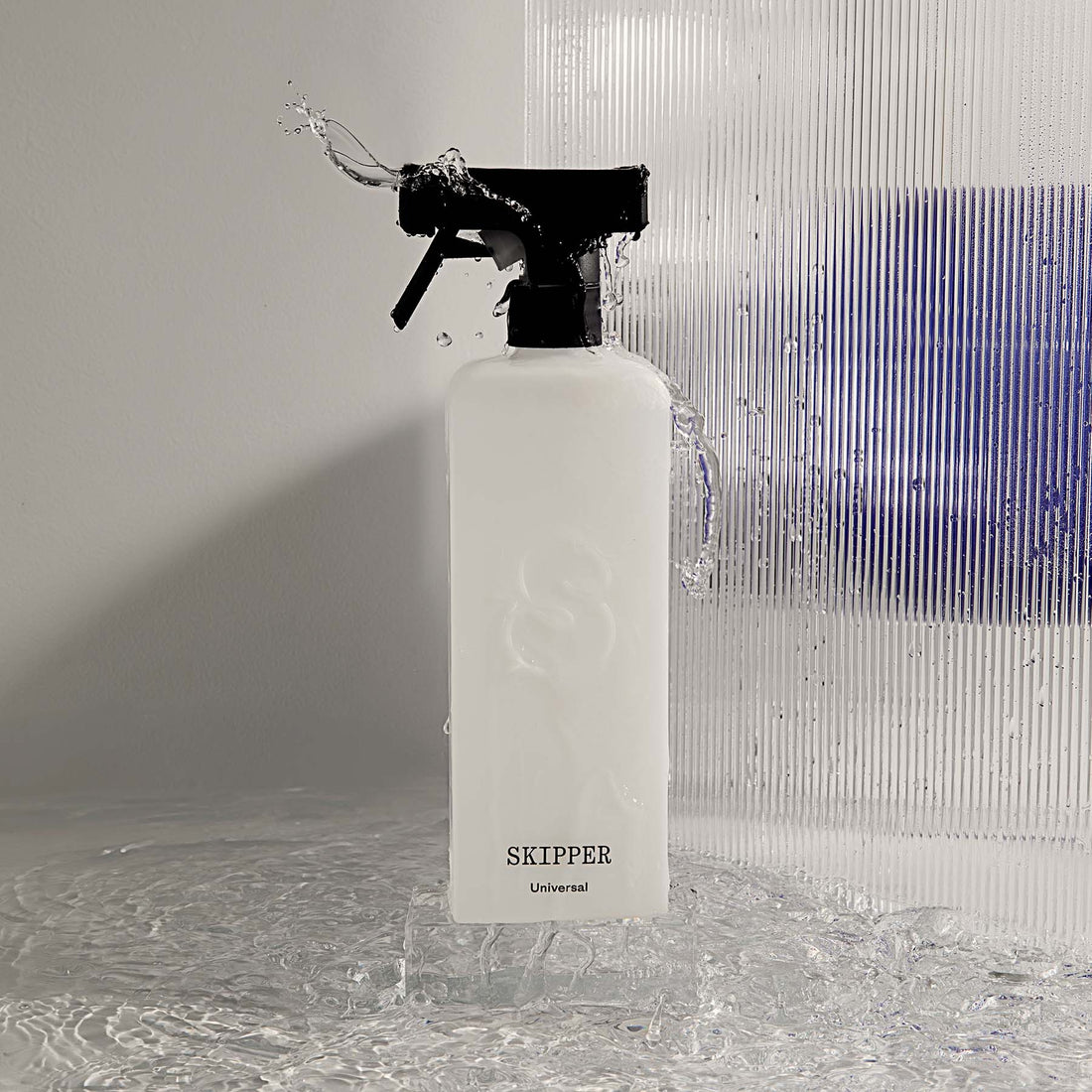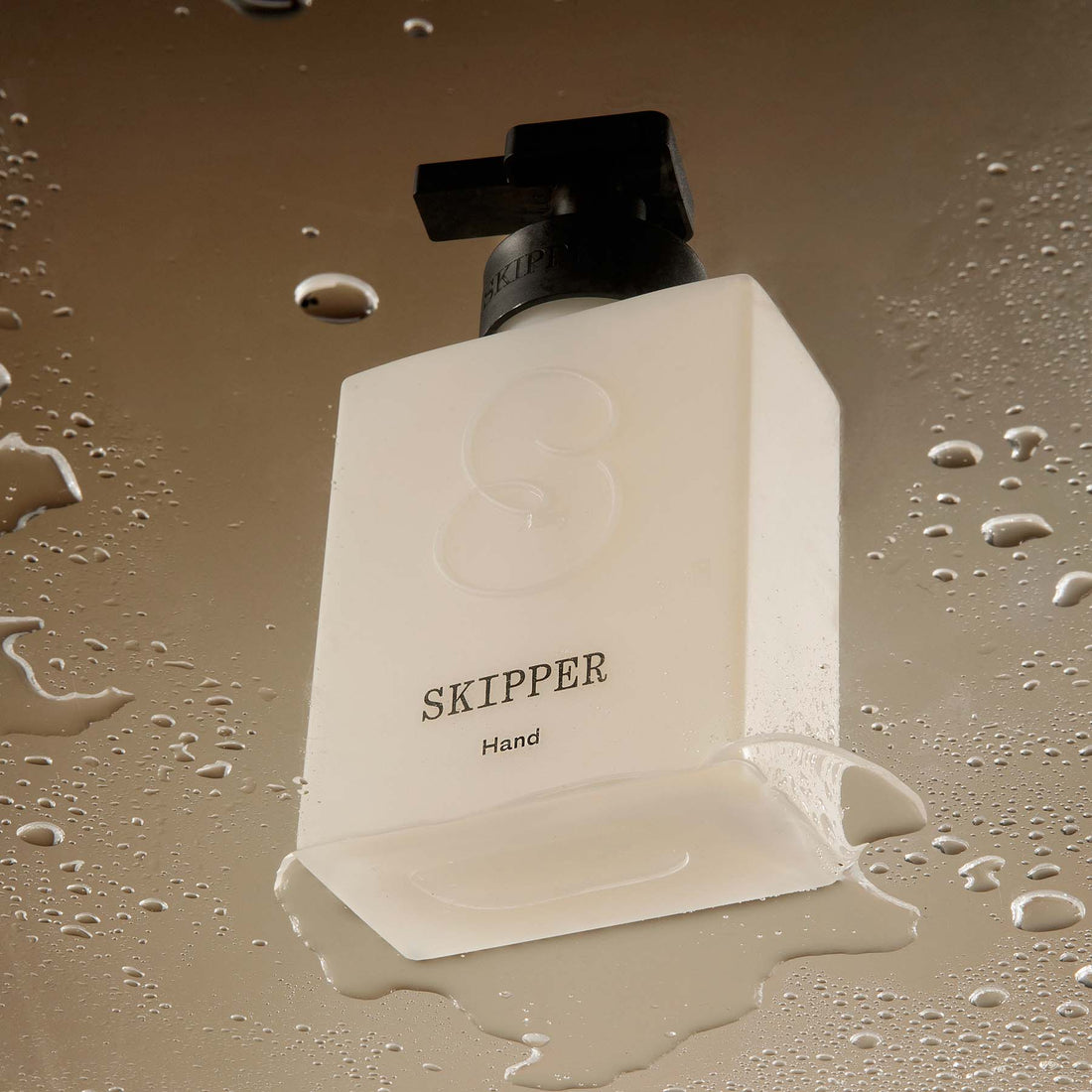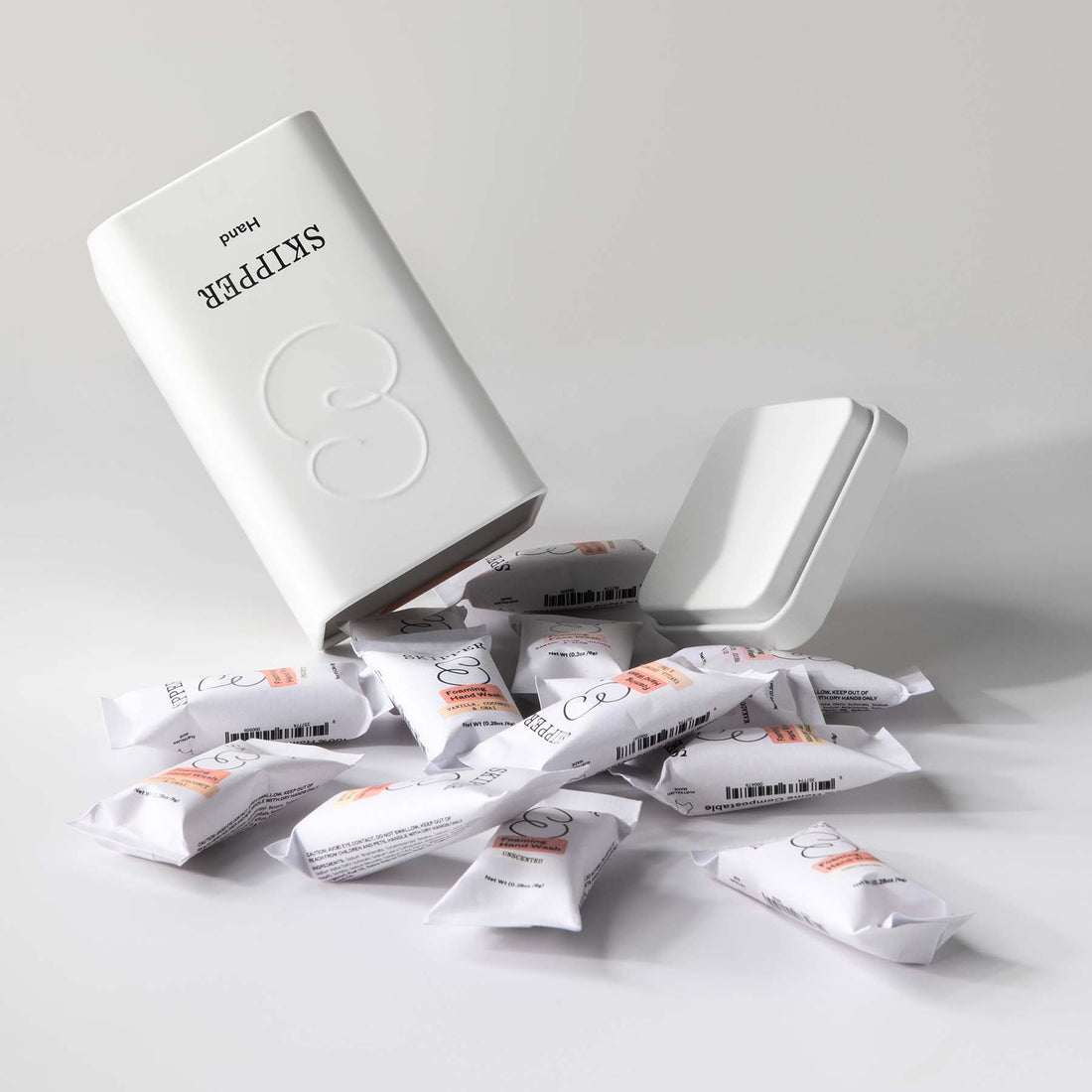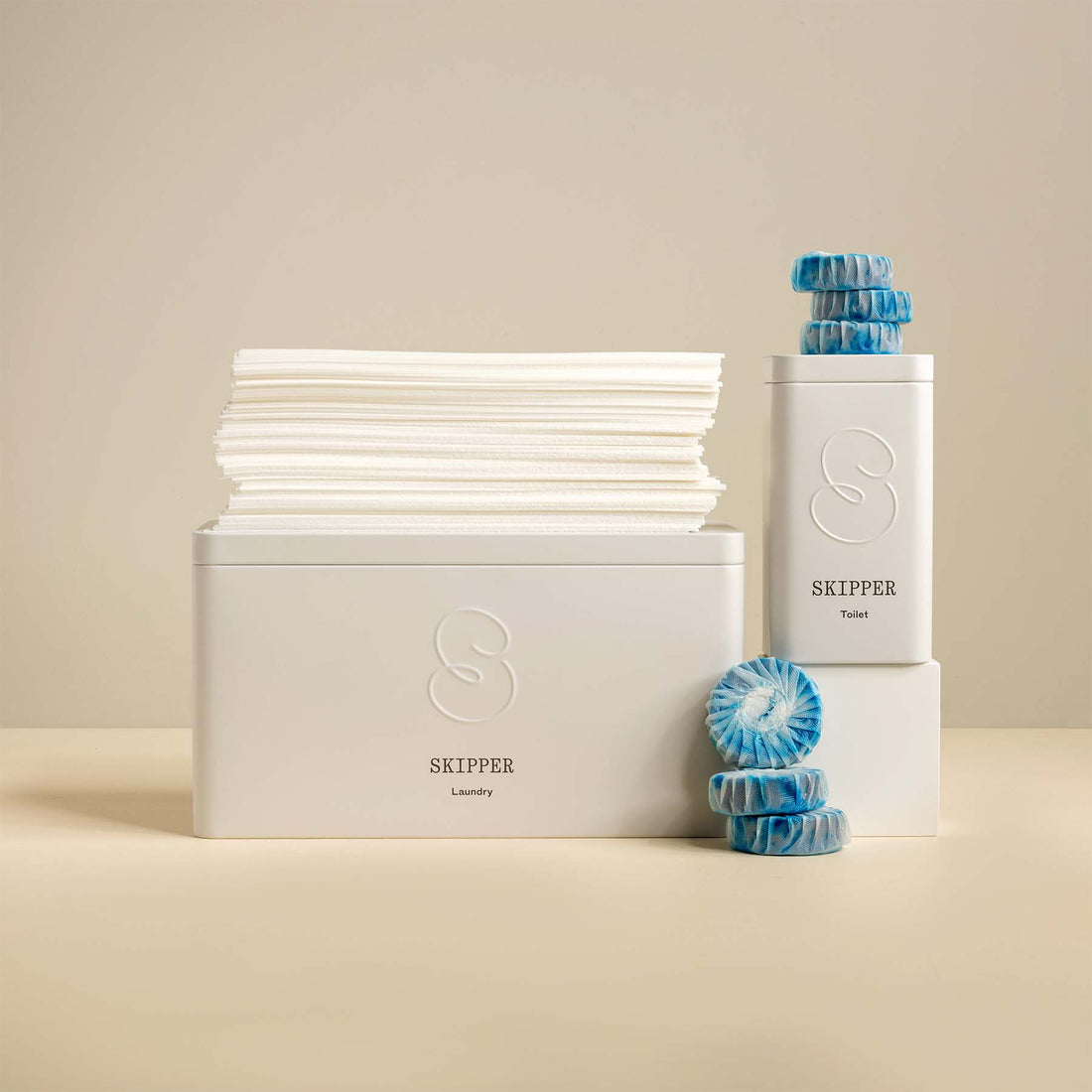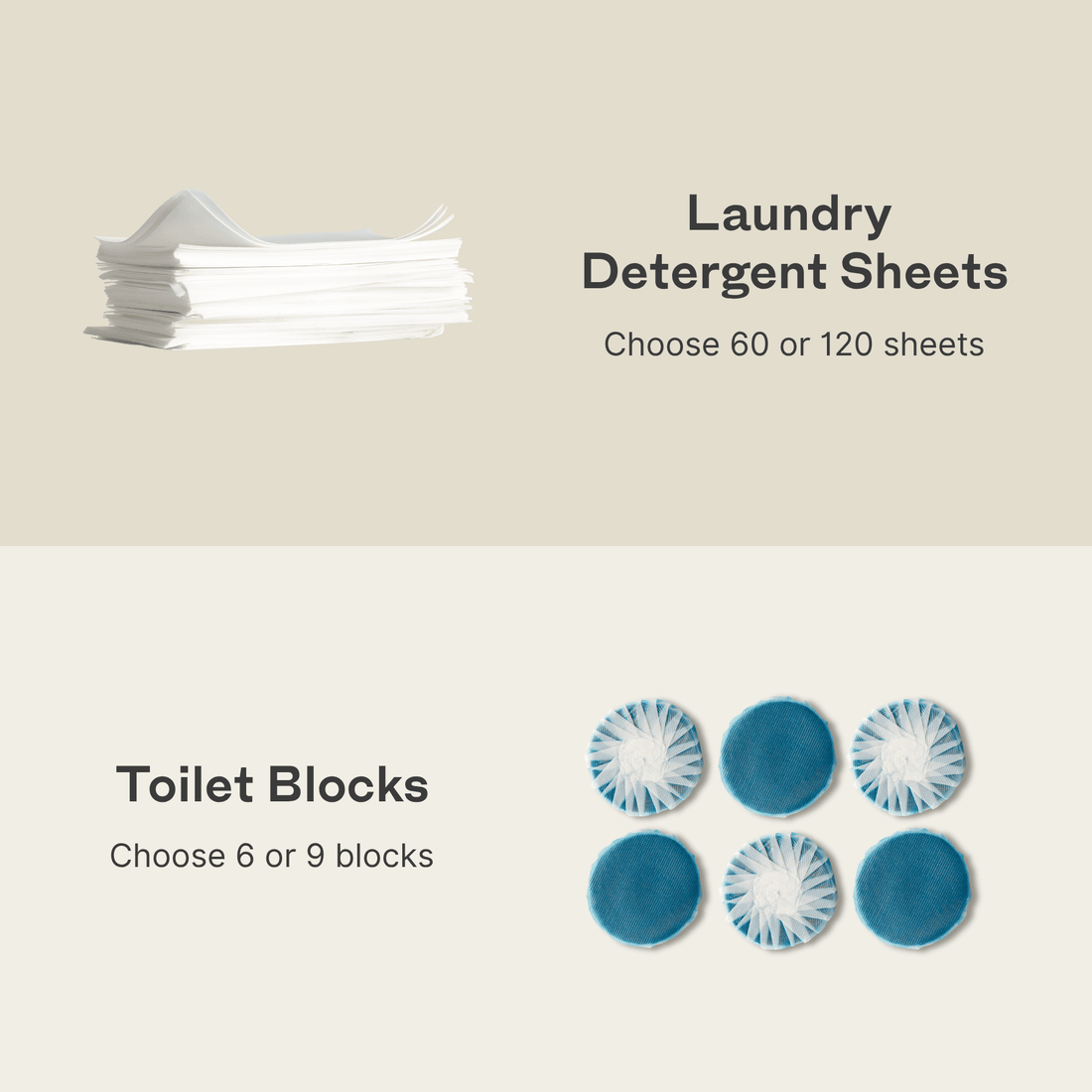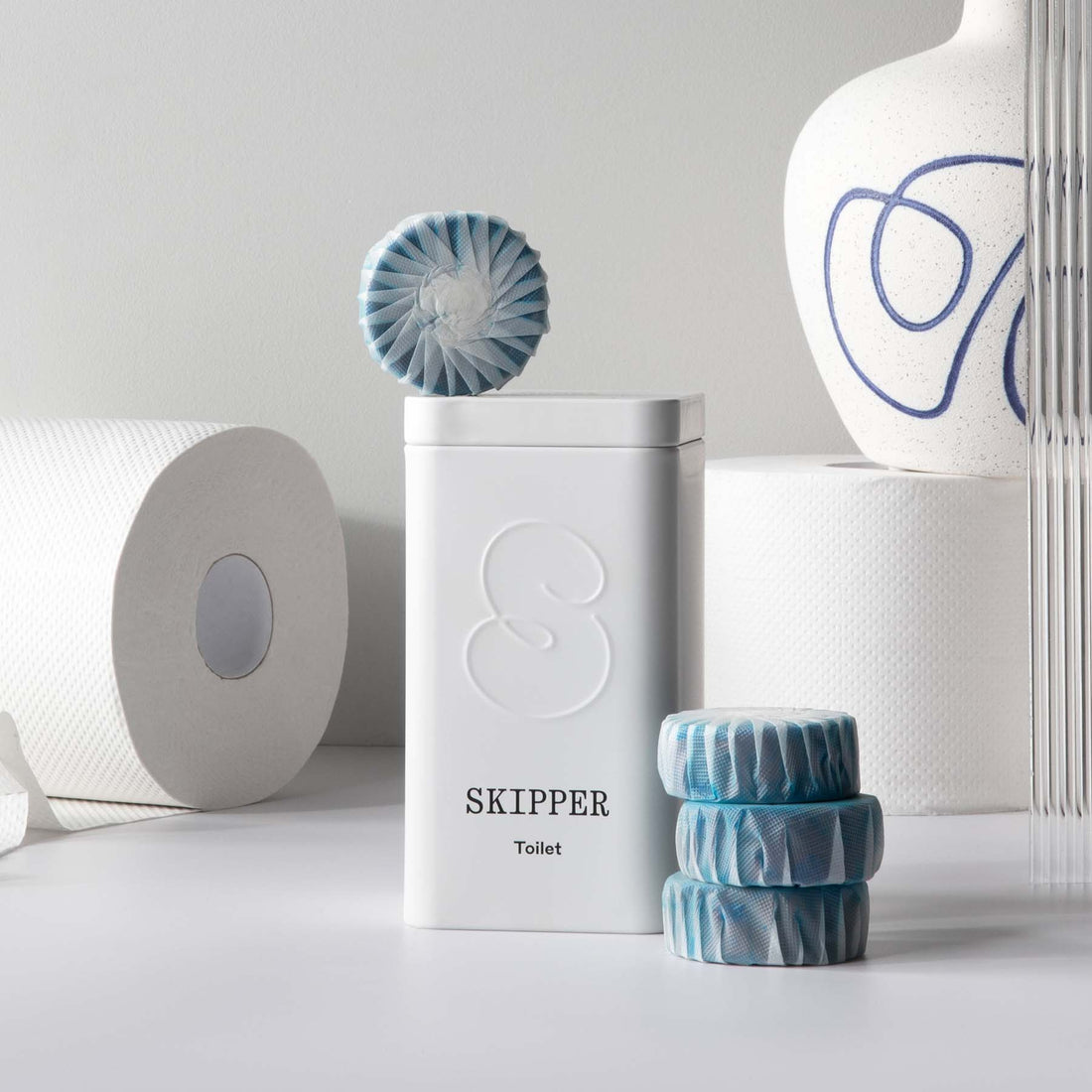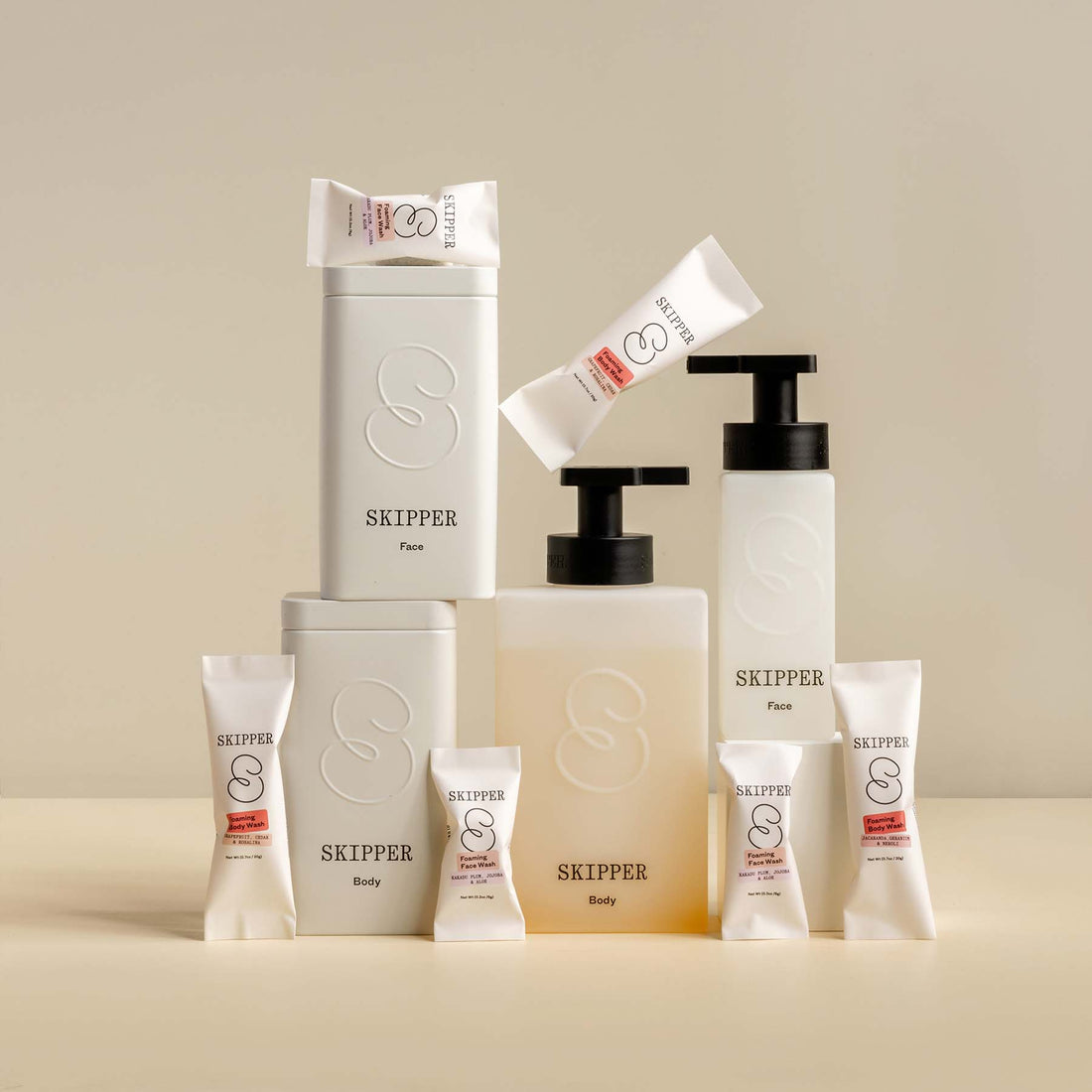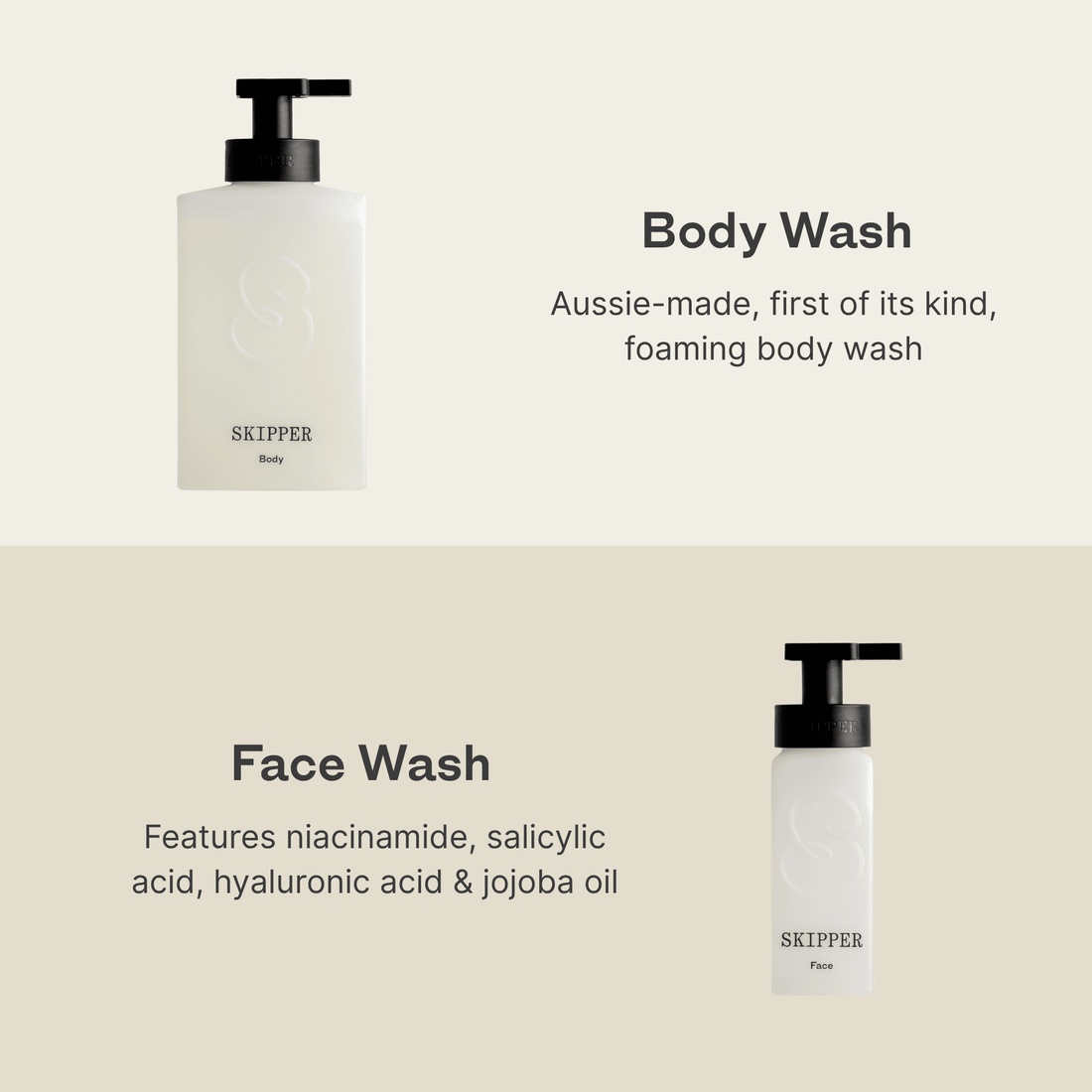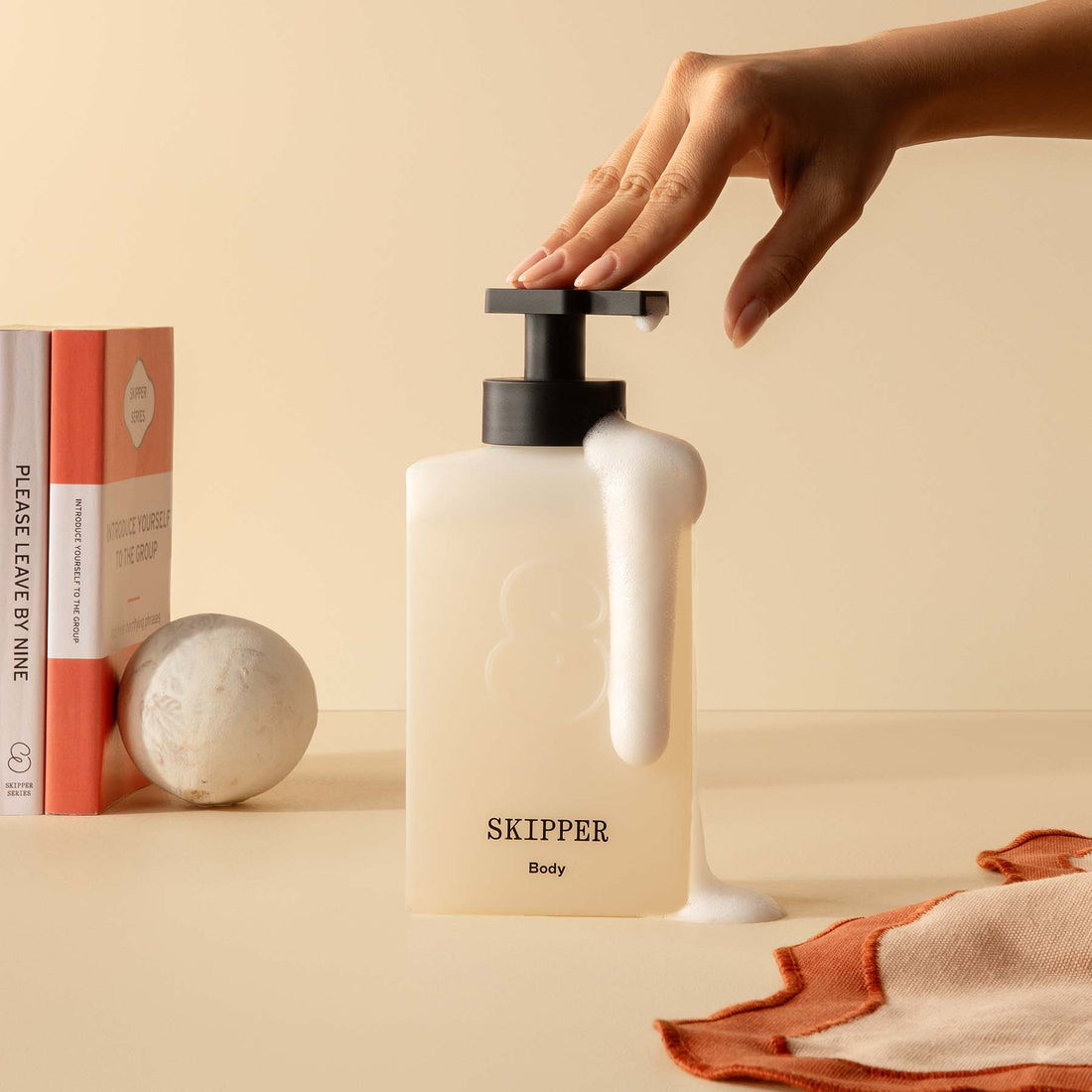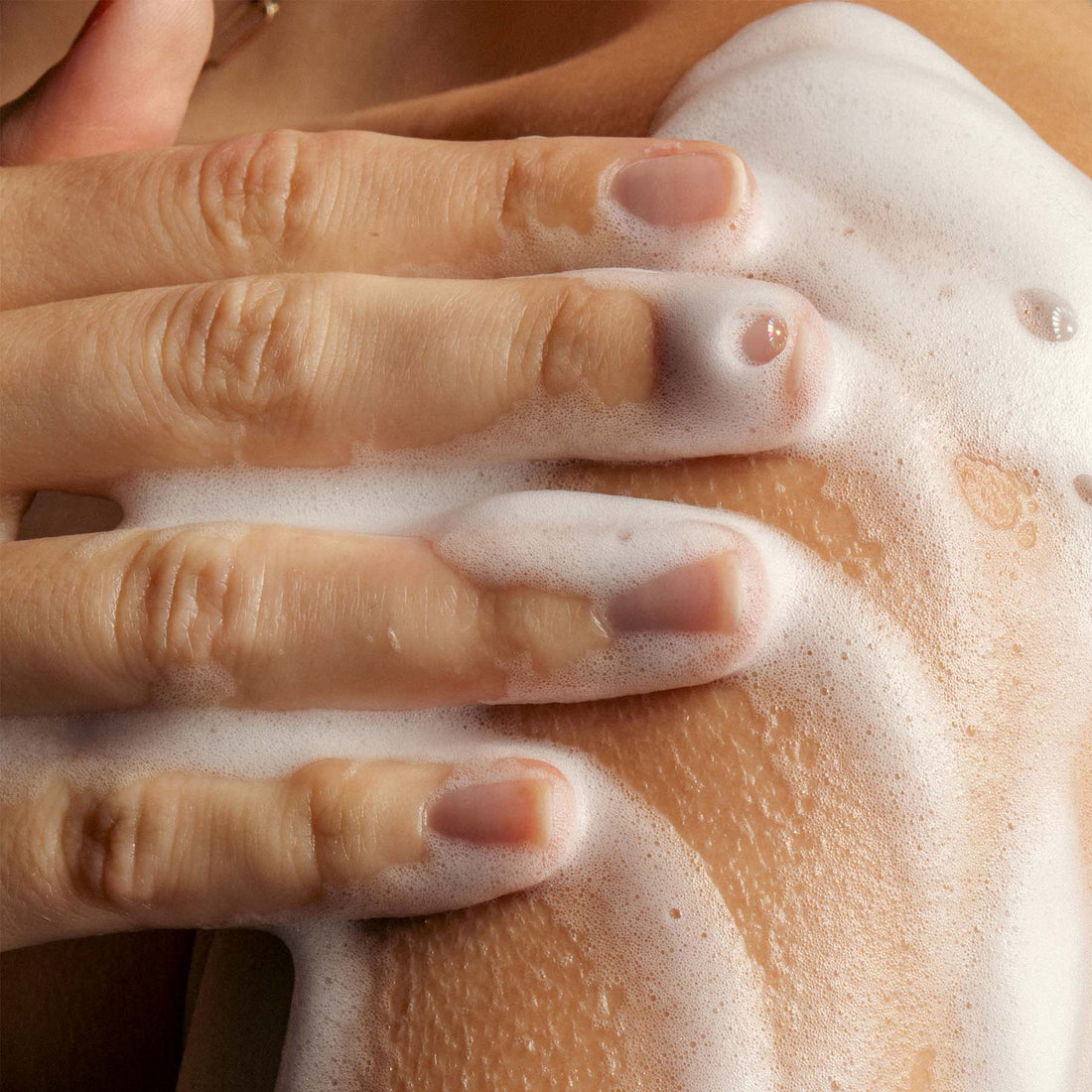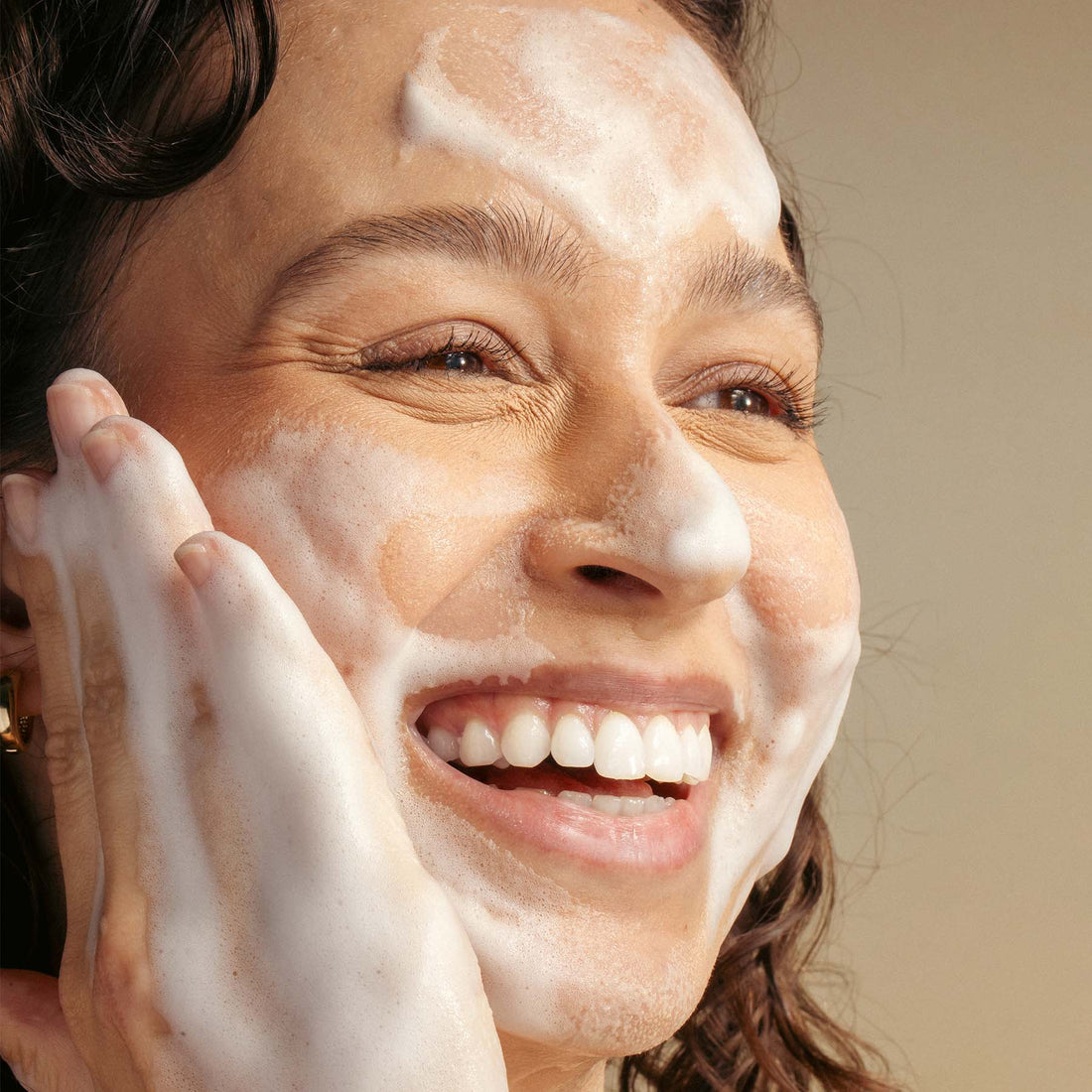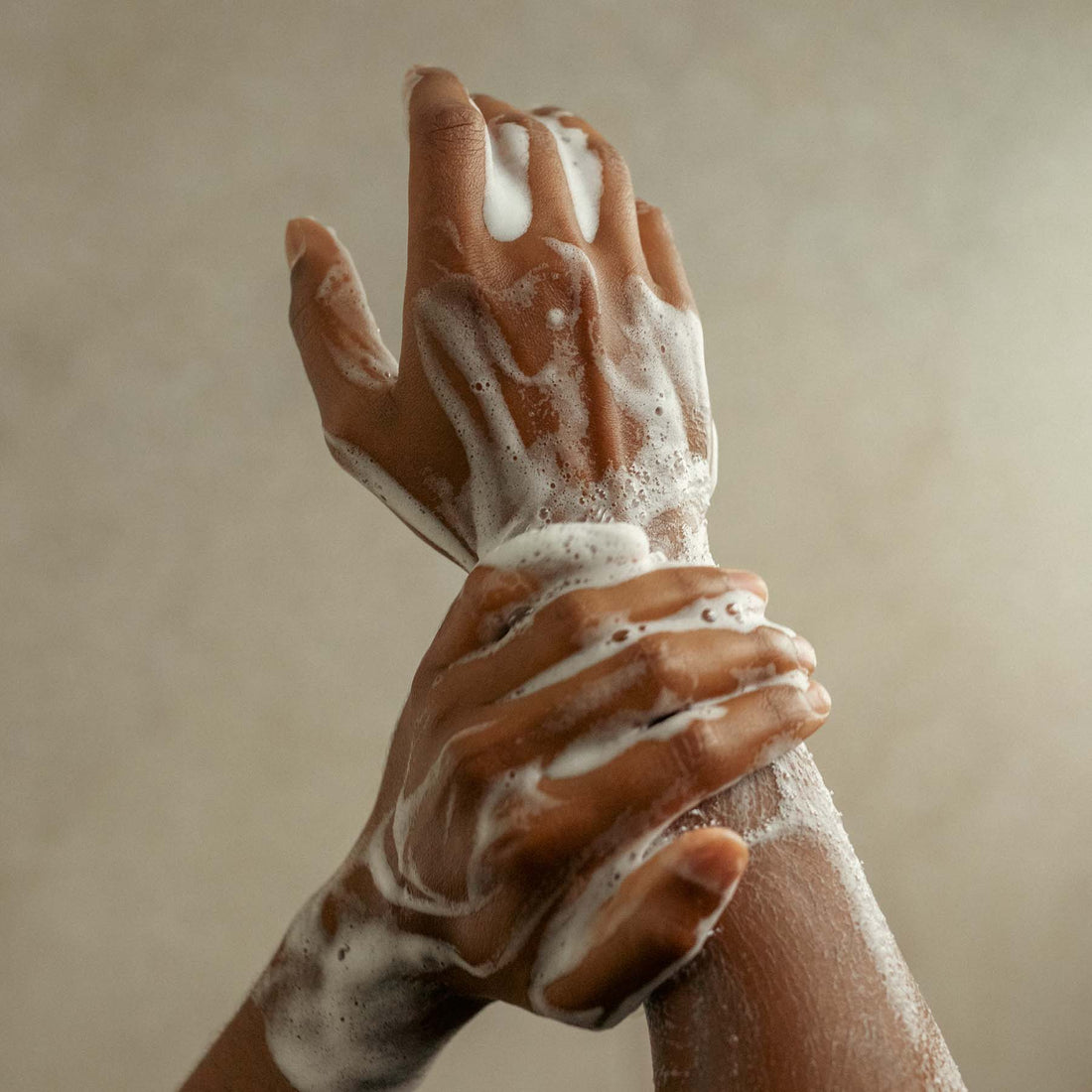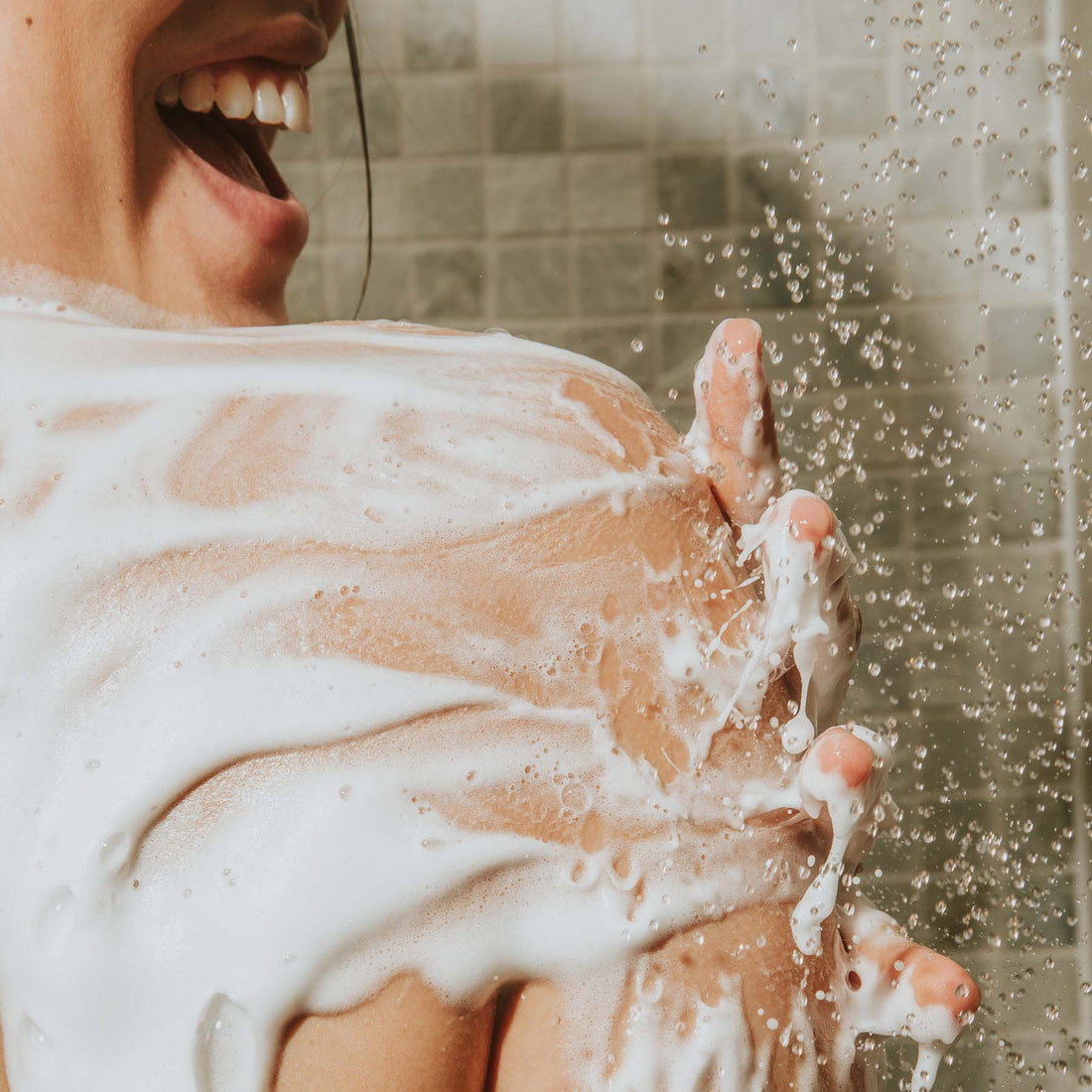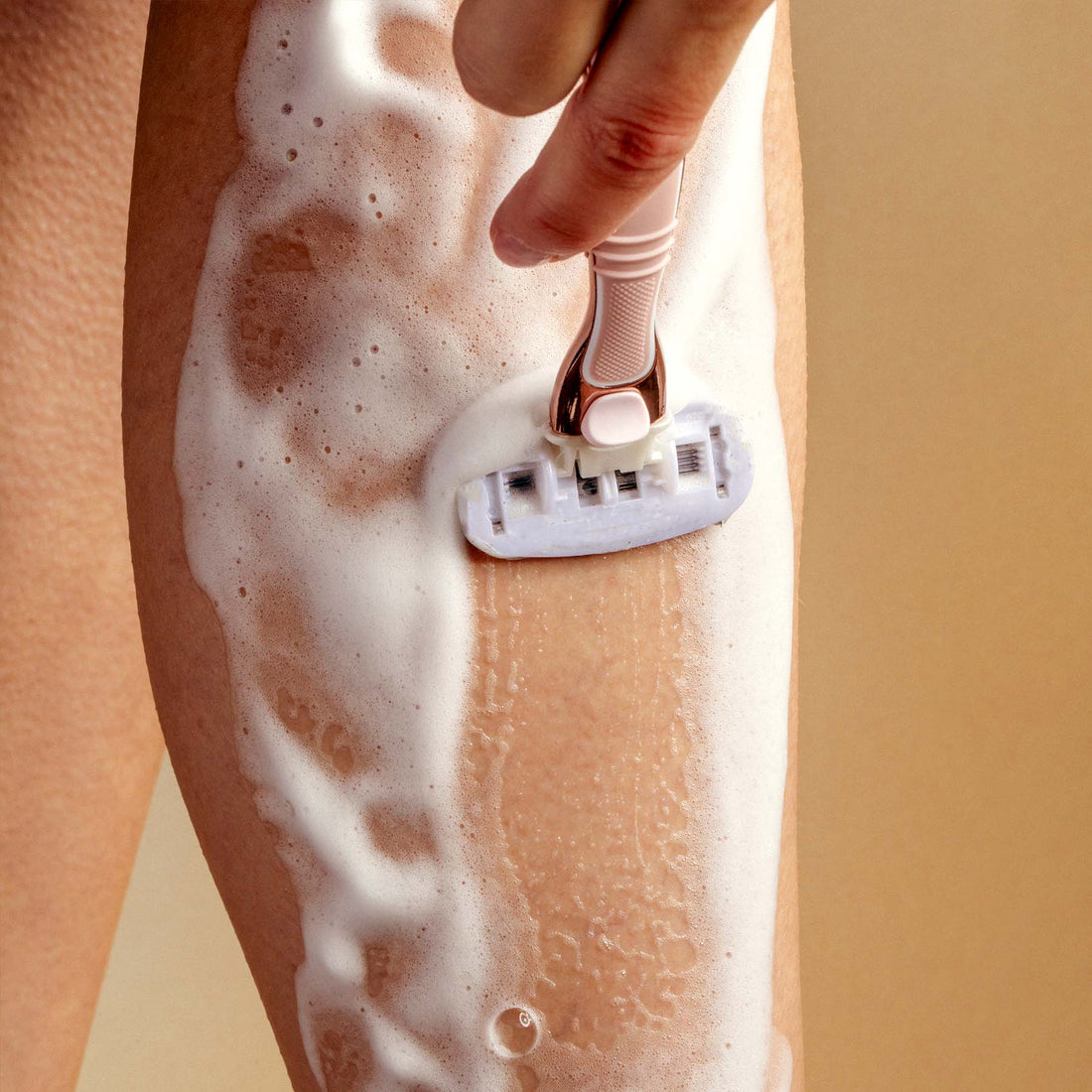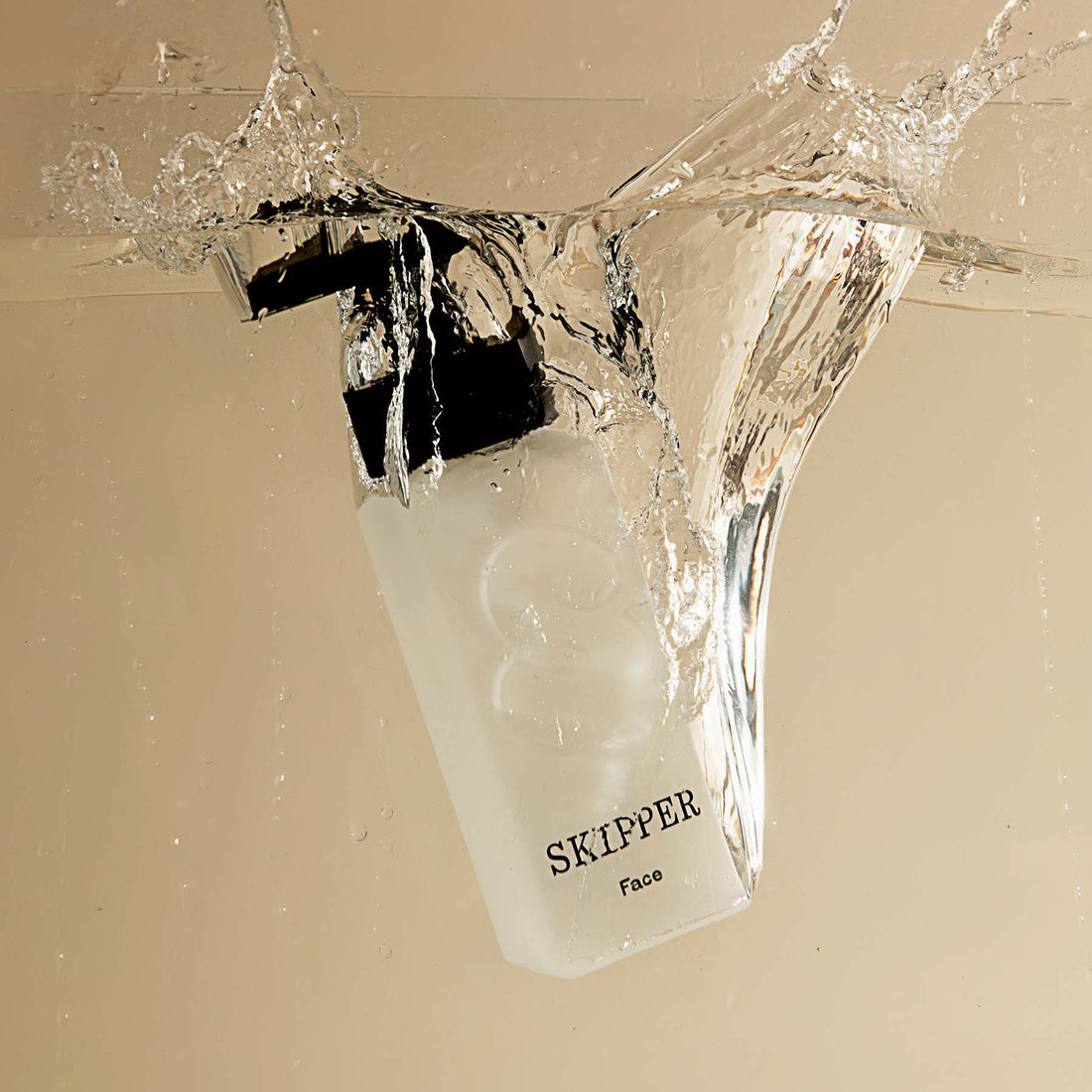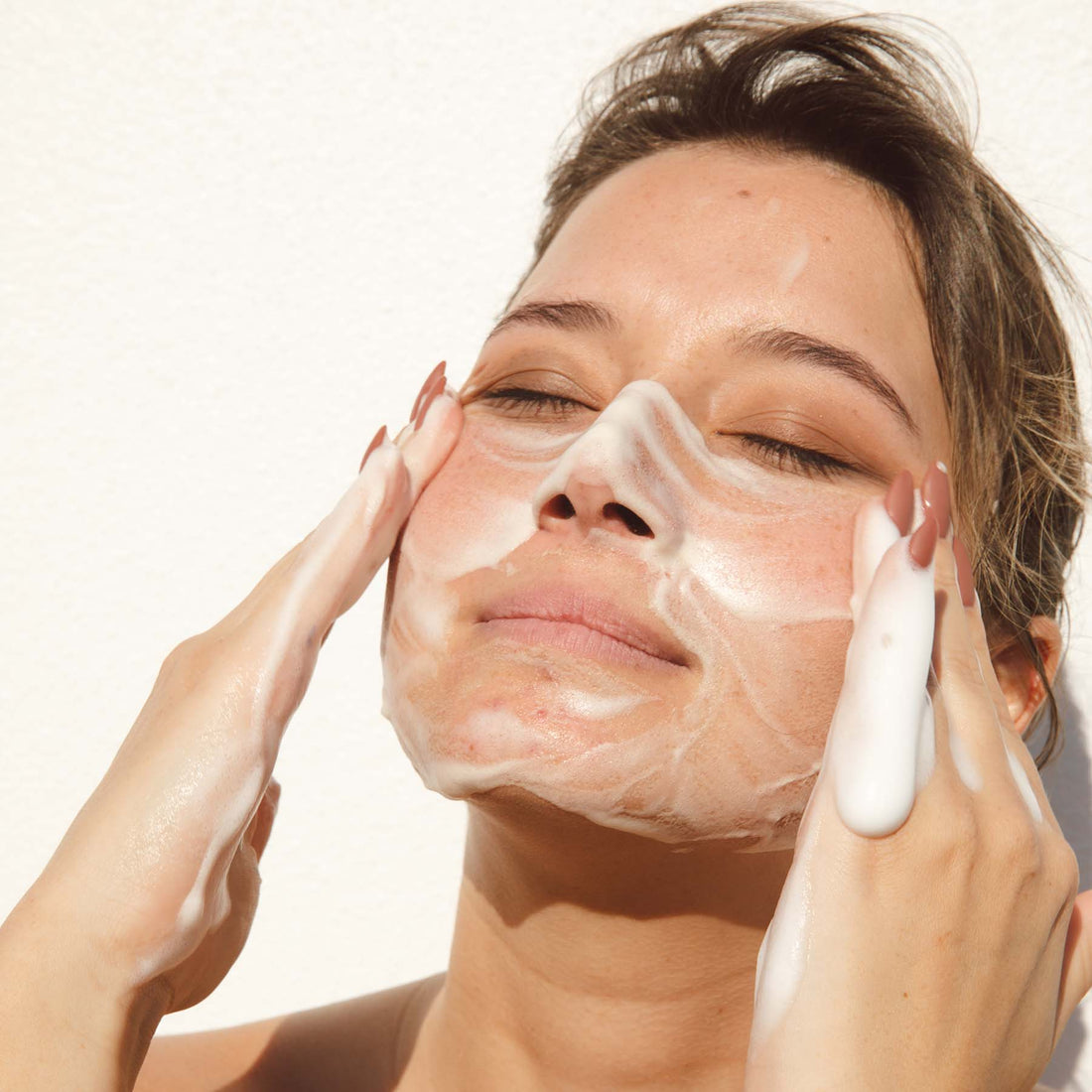You might also like
$299
$299
$442
SAVE $143
Unit price
$299
$442
SAVE $143
$254
$388
SAVE $134
$299
$442
SAVE $143
$254
$388
SAVE $134
$299
$442
SAVE $143
$254
$388
SAVE $134
$299
$442
SAVE $143
$254
$388
SAVE $134
$299
$442
SAVE $143
$254
$388
SAVE $134
$299
$442
SAVE $143
$254
$388
SAVE $134
$299
$442
SAVE $143
$254
$388
SAVE $134
$204
$271
SAVE $67
$184
$241
SAVE $57
$204
$271
SAVE $67
$184
$241
SAVE $57
$204
$271
SAVE $67
$184
$241
SAVE $57
$204
$271
SAVE $67
$184
$241
SAVE $57
$204
$271
SAVE $67
$184
$241
SAVE $57
$204
$271
SAVE $67
$184
$241
SAVE $57
$204
$271
SAVE $67
$184
$241
SAVE $57
$69
$69
$81
SAVE $12
Unit price
$69
$81
SAVE $12
$69
$81
SAVE $12
$109
$129
SAVE $20
$109
$129
SAVE $20
$119
$119
$137
SAVE $18
Unit price
$119
$137
SAVE $18
$119
$137
SAVE $18
$119
$137
SAVE $18
$59
$59
$64
SAVE $5
Unit price
$59
$64
SAVE $5
$59
$64
SAVE $5
$99
$108
SAVE $9
$99
$108
SAVE $9
$69
$69
$78
SAVE $9
Unit price
$69
$78
SAVE $9
$69
$78
SAVE $9
$69
$78
SAVE $9
$44
$44
$51
SAVE $7
Unit price
$44
$51
SAVE $7
$44
$51
SAVE $7
$69
$75
SAVE $6
$69
$75
SAVE $6
$149
$149
$190
SAVE $41
Unit price
$149
$190
SAVE $41
$149
$190
SAVE $41
$149
$190
SAVE $41
$149
$190
SAVE $41
$149
$190
SAVE $41
$149
$190
SAVE $41
$149
$190
SAVE $41
$149
$190
SAVE $41
$149
$190
SAVE $41
$149
$190
SAVE $41
$149
$190
SAVE $41
$149
$190
SAVE $41
$149
$190
SAVE $41
$149
$190
SAVE $41
$214
$318
SAVE $104
$214
$318
SAVE $104
$214
$318
SAVE $104
$214
$318
SAVE $104
$214
$318
SAVE $104
$214
$318
SAVE $104
$214
$318
SAVE $104
$214
$318
SAVE $104
$214
$318
SAVE $104
$214
$318
SAVE $104
$214
$318
SAVE $104
$214
$318
SAVE $104
$214
$318
SAVE $104
$214
$318
SAVE $104

































